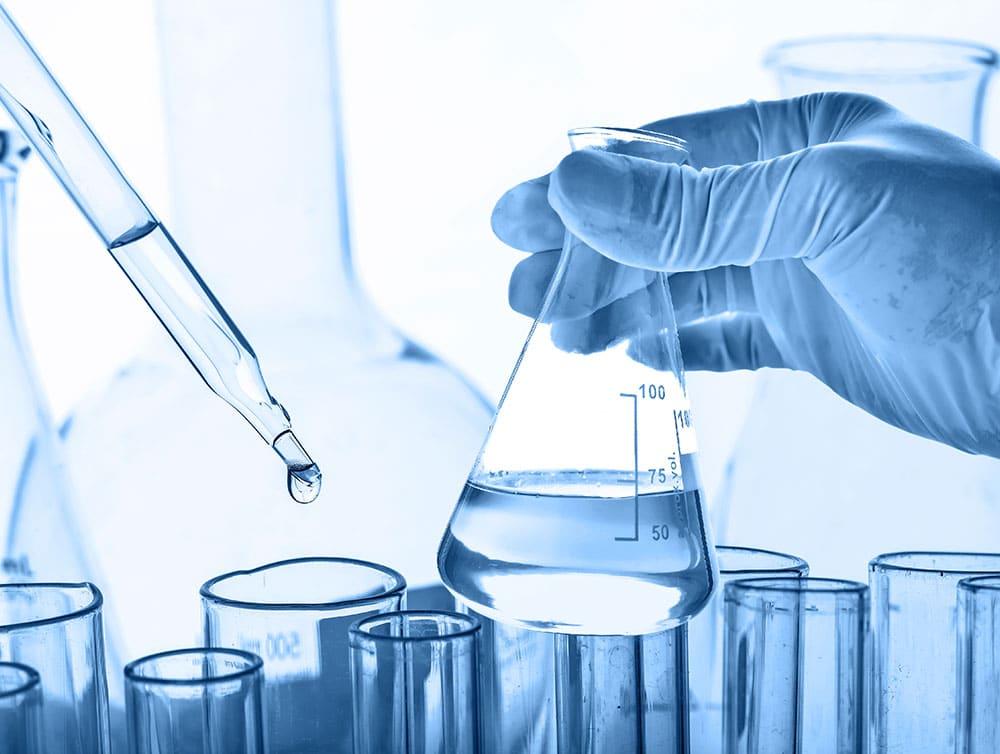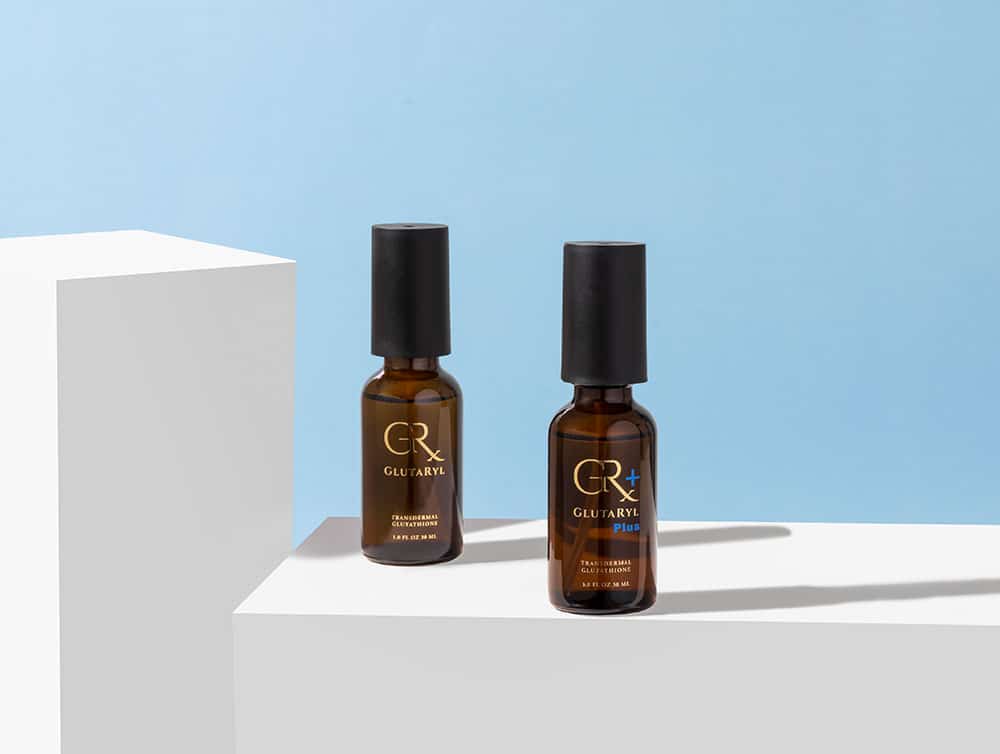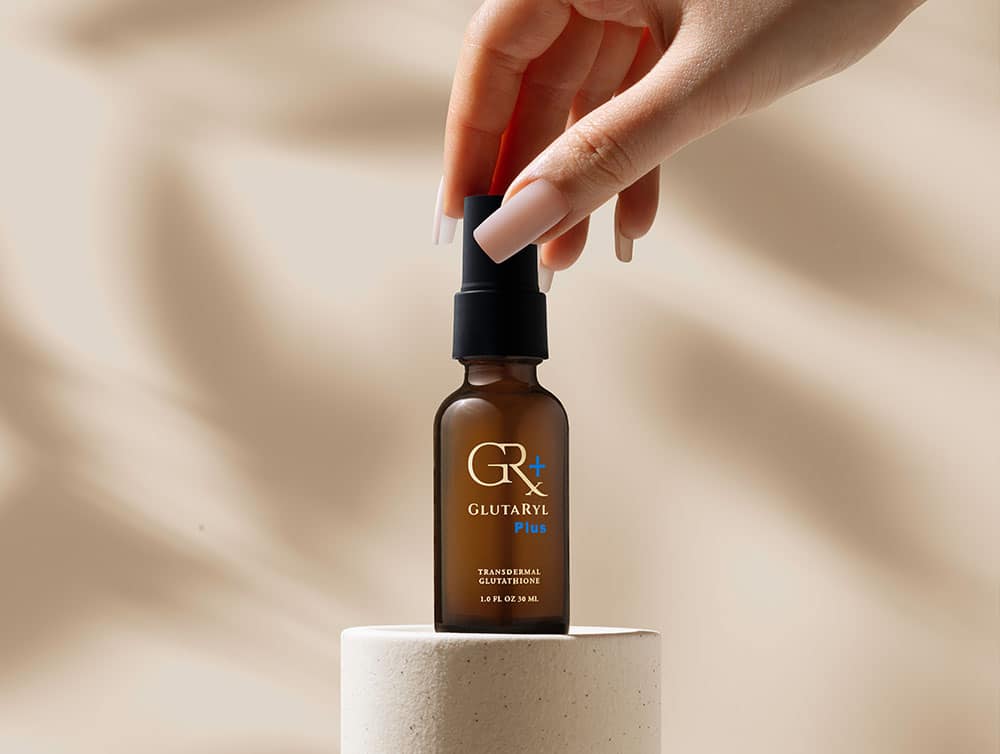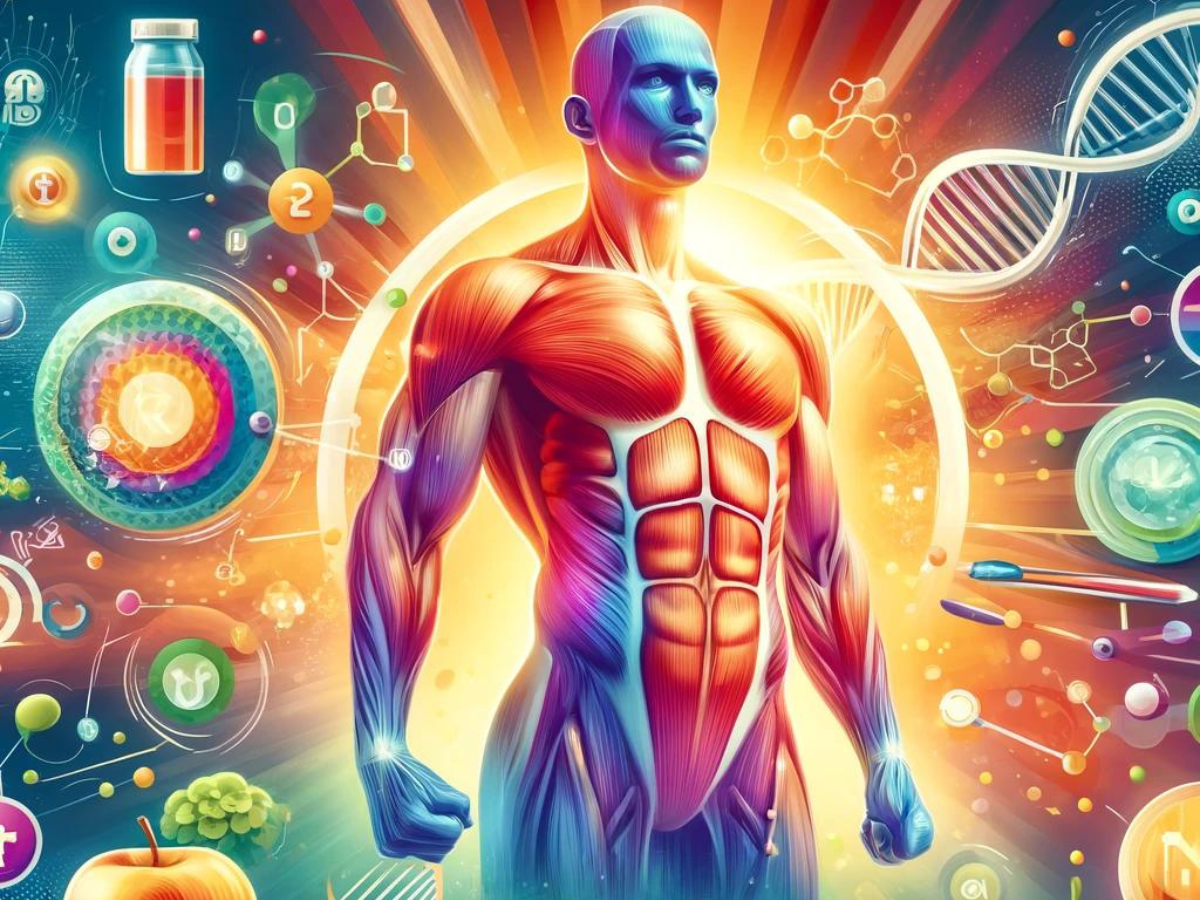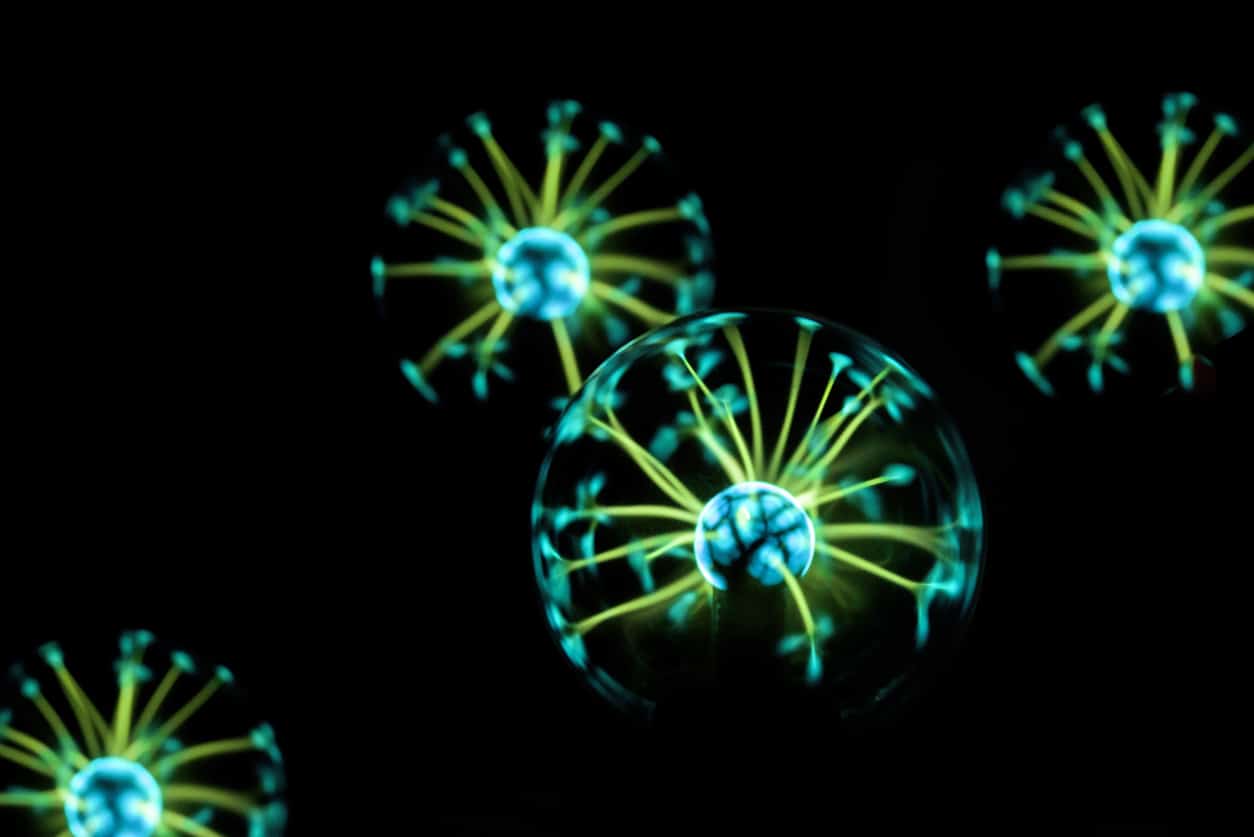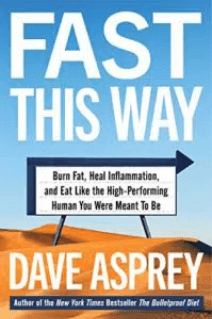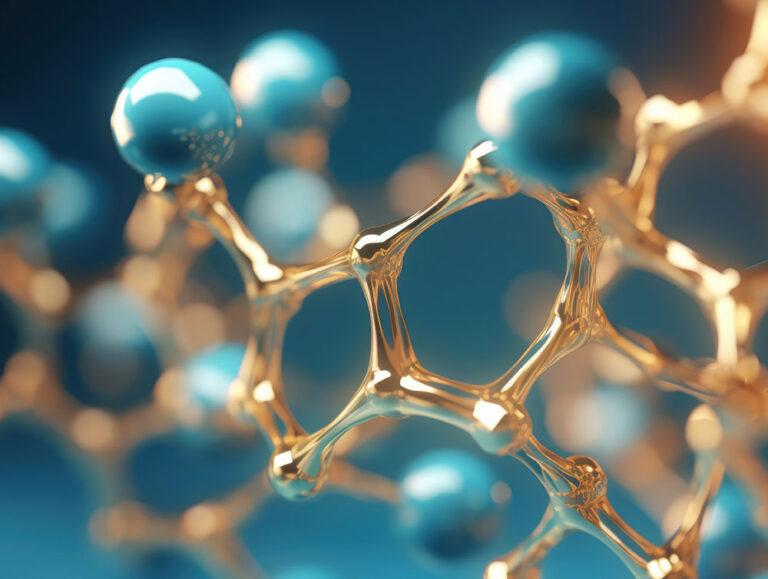
Back in the day, following a detox diet or taking detoxification supplements would sound ridiculous – we already have innate detox systems inside our bodies – what do you think your liver and kidneys are doing all day?
Unfortunately, our modern world exposes us to more stressors and toxins than our bodies can handle. While your liver and kidneys are doing their best to keep up, they’re no match for the onslaught of chemicals we encounter daily.
The result?
An overwhelming amount of free radical production.
Fortunately, scientists have found modern solutions to our modern issues. Namely, supplements that help the human body go to bat with the chemicals that cause oxidative stress in our bodies. And chief among them is a little something we call glutathione.
Stay with me to learn how glutathione works in your body and the best way to ensure your body has enough of this crucial nutrient.
What’s The Deal With Free Radicals?
Before we jump into the glutathione story, let’s review an important topic; free radical generation.
First, you need to understand that free radicals are not innately bad. Your body makes free radicals every day as it undergoes normal oxidative stress due to the chemical reactions involved in energy production. However, add to those naturally occurring free radicals the external sources such as environmental pollutants, sun exposure, food additives, pesticides, pharmaceuticals, and so on – and the challenges begin.
The problem? A simple supply-and-demand issue. For your body to stay in equilibrium, you need to have enough antioxidants to combat free radical production.
When free radicals snatch electrons from other molecules, they leave those molecules in an unstable state. Antioxidants come in to stabilize free radicals, neutralizing their damage. However, when you have too many unstable molecules floating around (and not enough antioxidants), it can lead to cellular damage, illness, and aging and sets the stage for chronic and degenerative diseases.
Simply put, free radicals without enough antioxidants to balance them equals oxidative stress.
For our bodies to function in the ideal state, we want our mitochondrial environment to be in a “balanced cellular redox state.” This means that our metabolic process functions properly, and oxidative stress is balanced with antioxidants to create homeostasis.
The Natural Neutralizer – Glutathione
This is where glutathione comes in. This powerful antioxidant naturally occurs in your body with incredible free radical fighting power. Produced by your liver, glutathione not only helps to neutralize free radicals, but it also has the job of conjugating (interacting) with toxins in a way that helps to aid their excretion from your body. As such, glutathione is vital to your immune system, detoxification system, and tissue repair.
Furthermore, glutathione recycles all other antioxidants to provide maximum detoxification and protection from oxidative stress and free-radical damage. This is one of the reasons it’s often referred to as the “master antioxidant.”
Here are just a handful of ways that glutathione can enhance your health and longevity:
Glutathiones Role In Immunity
Inflammation and oxidative stress are at the root of most chronic diseases. When we can get these two processes under control, health is often a natural byproduct.
Unfortunately, as you’ve learned, our modern world makes it more challenging to keep oxidative stress in balance and inflammation levels low. As a result, our immune systems are constantly on edge. While your immune cells have the vital job of warding off pathogens, they also need to work with (or around) other internal insults like free radicals.
Several studies show the positive impact that glutathione can have on immune processes. For example, research shows that glutathione plays a role in innate immunity, helping to protect you against outside invaders like viruses and bacteria. In fact, one recent study found that topical glutathione was effective at enhancing the clearance of mycobacterium, improving host immune function against this infection[1].
Furthermore, glutathione’s anti-inflammatory activity may assist in lung-related conditions like asthma and bronchitis[2][3].
Glutathione for Athletes
One of the side effects of physical activity is oxidation. While movement is generally a very good thing, the fact remains that oxidation leads to inflammation, and over time this inflammation can eventually lead to cell death (unless it’s met with adequate antioxidant defenses). For this reason, glutathione is an important compound for anyone that pushes themselves physically.
And beyond its straightforward antioxidant activity, studies also support glutathione’s role in muscle recovery. For example, one study found that just two weeks of glutathione supplementation in men undergoing exercise tests resulted in reduced muscle fatigue compared to those taking the placebo. Faster muscle recovery means faster gains, which sounds pretty good to me[4].
Glutathione and Depression and Anxiety
Could physiological stress add to psychological stress?
Scientists are now exploring a link between low glutathione levels and people suffering from psychological conditions, hypothesizing that oxidative stress may be a factor underlying mood disorders. There’s also some exploration around glutathione’s impact on dopamine and serotonin levels and their effect on mood modulation[5].
How To Keep Glutathione Levels High
So, if glutathione can support detox, fight free radicals, and may even enhance your exercise performance, the question becomes – how do you keep your glutathione levels high?
There are many ways to answer this question, but it all starts with your lifestyle choices. Here are a handful of low-hanging fruit techniques for maintaining optimal glutathione levels:
Find ways to reduce stress
This is a big one because, as you learned, both emotional and physical stress can wear down your glutathione resources as it tries to combat free radicals.
Some well-researched stress-relieving activities include yoga and meditation, but that may not be enough if you’re surrounded by technology all day. Smartphones, computers, and tablets all produce electromagnetic fields (EMFs), which cause oxidative stress and can put strain on your body (and glutathione resources)[6][7].
Seek glutathione-boosting foods
Foods with high concentrations of glutathione include avocados, strawberries, asparagus, and selenium-rich foods like beef, chicken, fish, and eggs. Skip processed foods containing preservatives and chemicals – they’ll drive up oxidation.
Exercise
While over-training could potentially tax your glutathione resources, research shows that moderate exercise will actually give you a glutathione boost[8].
Try leisurely 30- to 60-minute walks, strength training using your body, yoga, and stretching exercises.
Glutathione Supplements With Optimal Delivery
All of the above suggestions are a fantastic place to start, but as I’ve said before, today, we need more support than ever due to the sheer amount of toxins in our environment. This is precisely why so many companies are selling glutathione supplements.
Now look, I’m all about adding supplements to my routine when necessary, but I am absolutely not about wasting my time or money on products that don’t work. And while there are many well-meaning companies out there, I’ve found that the vast majority of glutathione supplements fall short.
The issue?
IV glutathione is time-consuming and expensive, and you’ll need to supplement for about a year before you start seeing significant changes. On the other hand, oral glutathione is affordable and easy to take, but the absorption through your digestive tract is weak, which means you have to take heroic amounts if you want to see an impact.
What I’m getting at here is that the delivery method of your glutathione supplement is essential. Unlike most supplements that you can pop into your mouth, glutathione takes a little bit more finesse. To date, the best delivery system I’ve found is transdermal, and the best company I’ve found that produces transdermal is Auro Wellness.
Auro Wellness is a supplement company at the forefront of glutathione research, founded by Dr. Nayan Patel. Dr. Patel created the Auro GSH™ Antioxidant Delivery System, a patented, first-of-its-kind technology that optimizes antioxidant absorption and efficacy.
This patented technology differs from other forms of glutathione in two important ways:
#1. Its innovative and patented design protects glutathione from oxidation, maintaining its integrity during delivery to provide maximum potency.
#2. The sub-nano format of the system allows for transdermal delivery, ushering glutathione deeper into the dermis layer of your skin.
That’s why I go with Auro’s Glutaryl as my top pick for glutathione supplementation.
Takeaway
Our modern, technologically advanced world offers many benefits, but one significant downside is the number of toxic substances we have to deal with daily.
Your lifestyle plays a critical role in how many toxins your body encounters and how well it deals with them. But lifestyle alone is likely not enough to keep you feeling your best, which is why I always recommend supplementing with glutathione.
If you’re searching for a glutathione supplement, you won’t have much trouble finding one; there are plenty to choose from. However, if you want to get the most bang for your buck, try a transdermal glutathione like the one offered by Auro Wellness.
References
- Sasaninia, Kayvan, et al. “Topical Absorption of Glutathione–Cyclodextrin Nanoparticle Complex in Healthy Human Subjects Improves Immune Response against Mycobacterium avium Infection.” Antioxidants 12.7 (2023): 1375.
- Ghezzi, Pietro. “Role of glutathione in immunity and inflammation in the lung.” International journal of general medicine (2011): 105-113.
- Diotallevi, Marina, et al. “Glutathione fine-tunes the innate immune response toward antiviral pathways in a macrophage cell line independently of its antioxidant properties.” Frontiers in immunology 8 (2017): 1239.
- Aoi, Wataru, et al. “Glutathione supplementation suppresses muscle fatigue induced by prolonged exercise via improved aerobic metabolism.” Journal of the International Society of Sports Nutrition 12.1 (2015): 7.
- Freed, Rachel D., et al. “A pilot study of cortical glutathione in youth with depression.” Psychiatry Research: Neuroimaging 270 (2017): 54-60.
- https://www.apa.org/topics/mindfulness/meditation
- Shohani, Masoumeh, et al. “The effect of yoga on stress, anxiety, and depression in women.” International journal of preventive medicine 9 (2018).
- Elokda, Ahmed S., and David H. Nielsen. “Effects of exercise training on the glutathione antioxidant system.” European Journal of Cardiovascular Prevention & Rehabilitation 14.5 (2007): 630-637.
